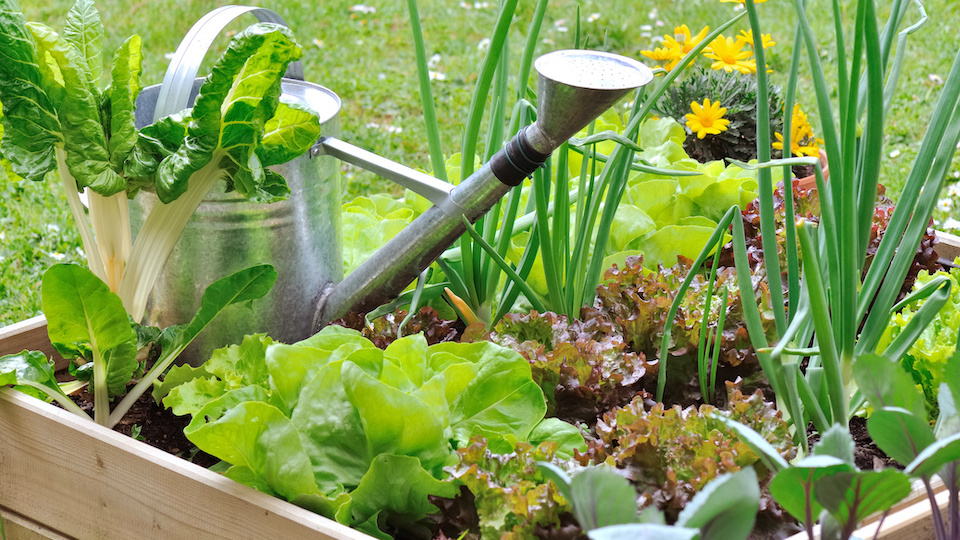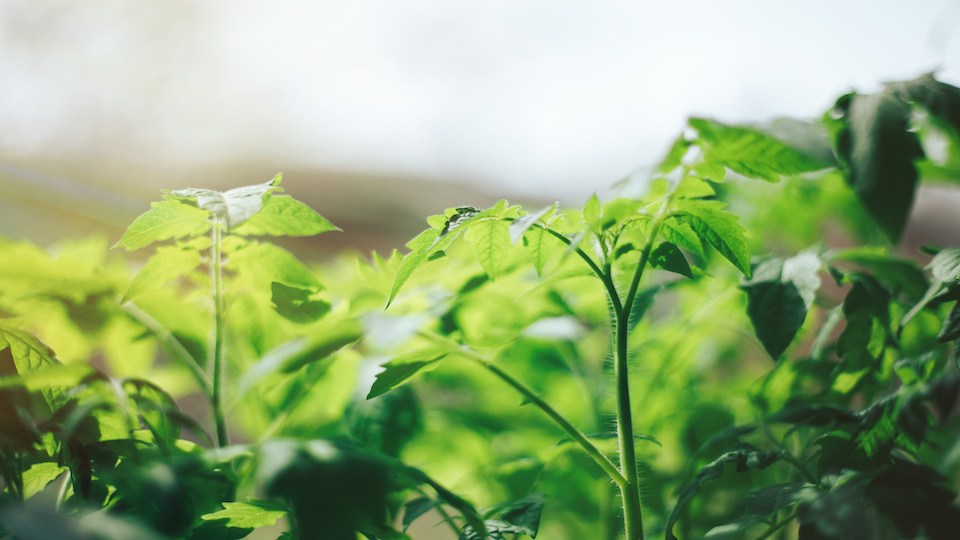Skip the Supermarket: Grow a Kitchen Garden Instead
Now more than ever, growing your own organic, kitchen garden is essential. With stay-at-home orders still in effect, and grocery store shelves still rather barren, there’s no time like the present to embrace gardening and increase your sustainability to help provide fresh, safe products for you can your family. No matter how much or how little space you have, anyone with a patch of sunlight can grow a bountiful kitchen garden. Here’s how.




